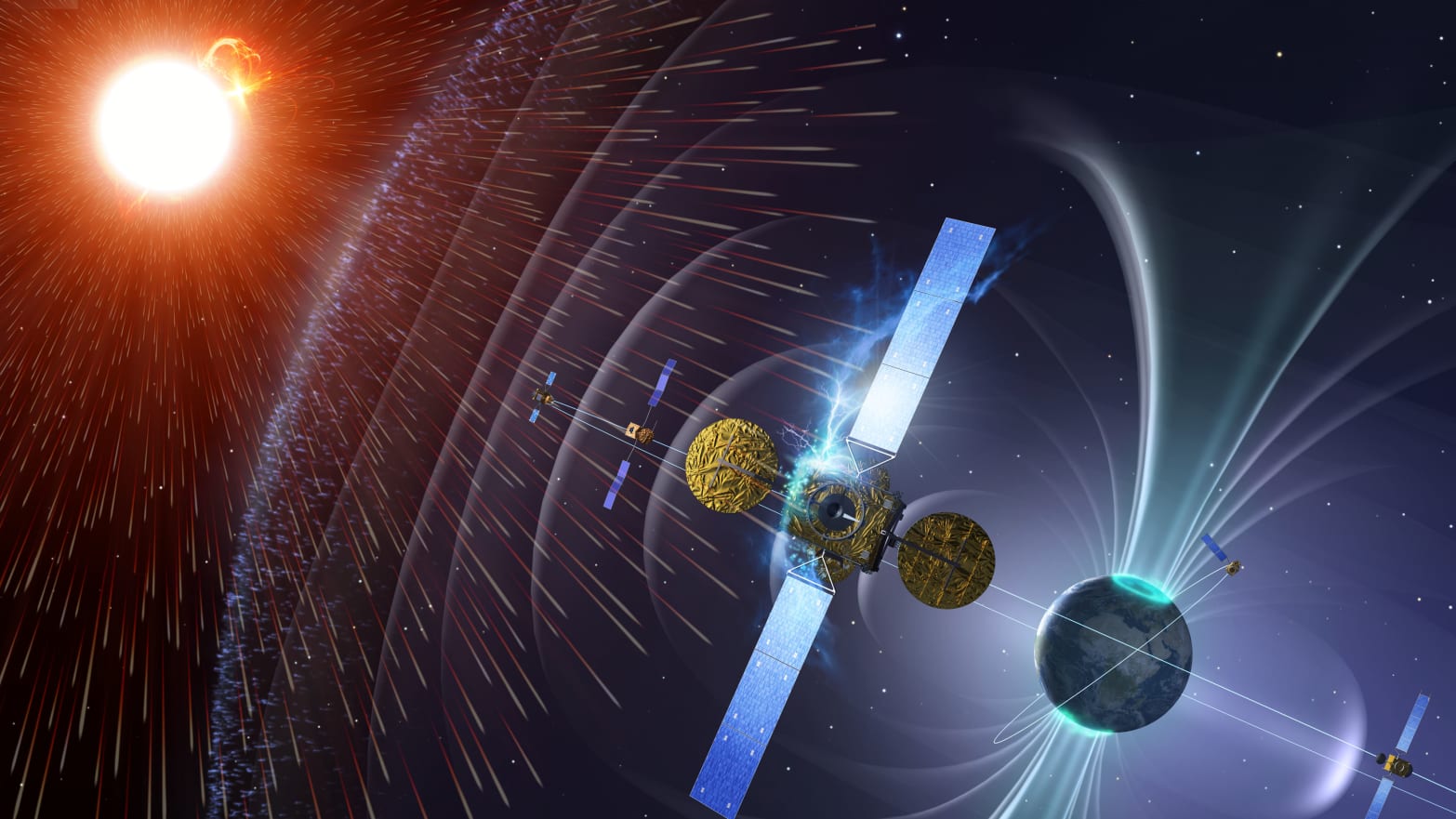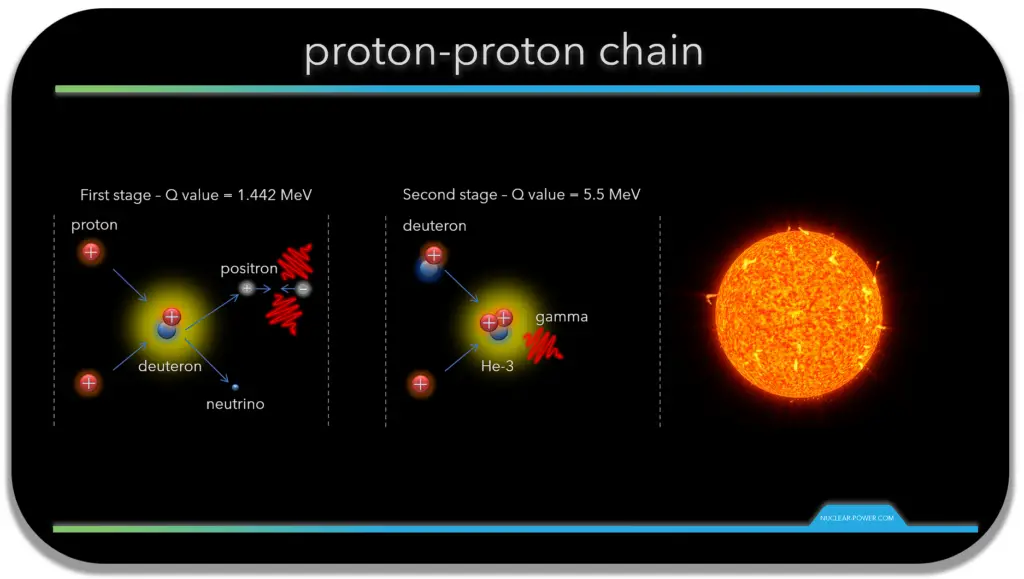Psychological effects are a significant concern for astronauts on long-duration space missions. The unique conditions of space, such as microgravity, isolation, and confinement, can have a profound impact on the human mind.
Common Psychological Effects of Spaceflight
- Mood Changes: Astronauts may experience mood swings, irritability, and feelings of depression or anxiety.
- Sleep Disturbances: The lack of a natural day-night cycle in space can disrupt sleep patterns and lead to fatigue.
- Cognitive Impairment: Some studies suggest that cognitive functions, such as memory and problem-solving, may be affected by prolonged exposure to microgravity.
- Sensory Changes: The absence of gravity can affect sensory perception, leading to disorientation and altered body image.
- Isolation and Loneliness: Being isolated from friends and family for extended periods can lead to feelings of loneliness and homesickness.
Factors Contributing to Psychological Effects
- Microgravity: The absence of gravity can have physical and psychological effects on astronauts.
- Isolation: The isolation of spaceflight can be mentally challenging, especially for long-duration missions.
- Confinement: Living and working in a confined space can be stressful and contribute to psychological difficulties.
- Risk: The inherent risks of spaceflight, such as the possibility of accidents or emergencies, can also affect astronauts’ mental health.
Countermeasures
To mitigate the psychological effects of spaceflight, space agencies implement various countermeasures, including:
- Exercise: Regular exercise can help to maintain physical and mental health in microgravity.
- Communication: Astronauts have regular communication with family, friends, and ground control to help reduce feelings of isolation.
- Psychological Support: Astronauts receive psychological support from trained professionals to help them cope with the challenges of spaceflight.
Understanding the psychological effects of spaceflight is essential for ensuring the well-being of astronauts and the success of future space missions.
Would you like to learn more about a specific psychological effect of spaceflight or the countermeasures that are being developed to address these challenges?



